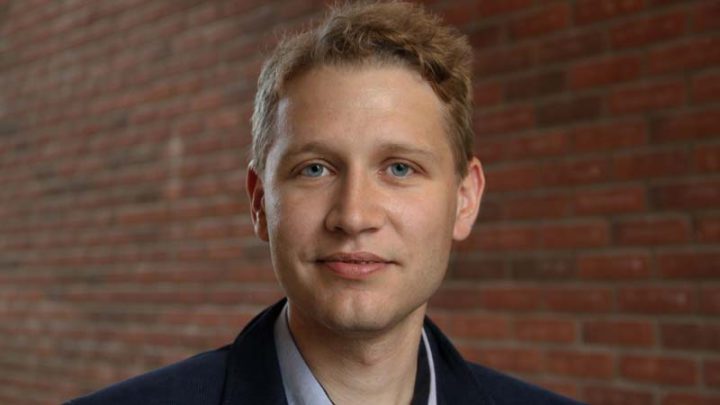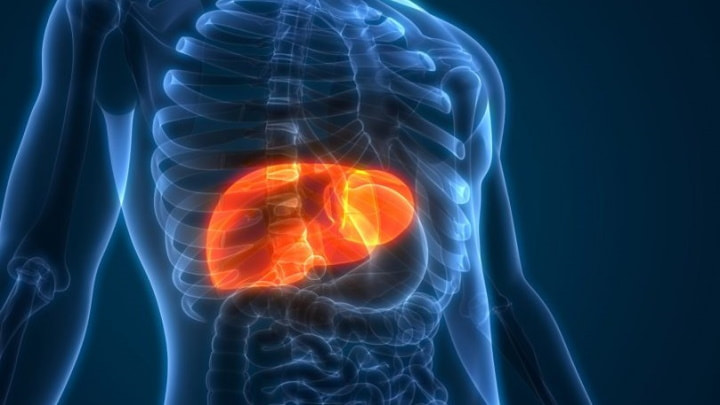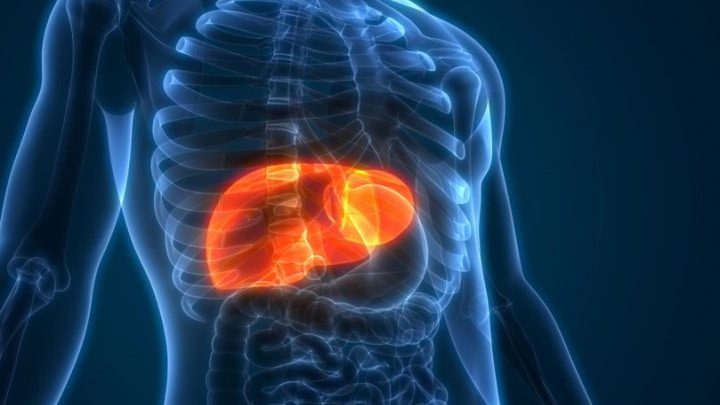This may not have been an issue I’ve discussed before, because it seems like a natural process. However, know that no matter your age, the liver stops aging within three years.
After all, we actually have an inner child.
According to new research, the human liver remains very young while the rest of the body ages. So no matter what your age — whether you're 18, 40 or 60 — know that your liver may be under three years old (according to the average that exists).
It is one of the largest and most important organs of the human body, and its main function, in a simple way, is to eliminate toxins. Due to this role, it is in constant contact with harmful substances, and therefore has a high probability of being infected. To prevent this from happening, he is an organ that, unlike the rest, has the ability to regenerate itself after taking damage.
Research has been published revealing that the liver stops aging at the age of three cell systems.
Young liver for life
One Team Biologists, physicists, mathematicians, and physicians analyzed the livers of a group of individuals aged 20 to 84 years. To the group's surprise, the liver cells from the cadavers were about the same age.
Some studies have indicated that hepatocytes may be perennial while others have shown a steady turnover. It became clear to us that if we want to know what happens in humans, we need to find a way to directly assess the lifespan of human liver cells.
Olaf Bergmann, molecular biologist and head of the research group at Dresden Regenerative Therapy Center (CRTD) from Technical University of Dresden.
The researchers found that "it doesn't matter if you are 20 or 84 years old, your liver survives, on average, just under three years."
It is not easy to determine the age of cells
Despite all the knowledge that currently exists, determining the biological age of cells It remains a challenge, because the techniques used in animals cannot be used in humans. So the team used mathematical modeling and a technique called retrospective birth dating. The latter dates human cells based on levels of a carbon isotope that circulated through the atmosphere after nuclear testing in the mid-20th century.
In this way, the team realized that liver turnover is not affected by aging, and realized that "modification of liver mass for the needs of the body is strictly regulated by continuous replacement of hepatocytes." This replacement is an essential process, for example, to control the formation of carcinomas.
Most of our cells have two sets of chromosomes, but some accumulate more DNA with age. Ultimately, these cells can carry four, eight, or even more sets of chromosomes.
Bergman explained.

Olaf Bergmann, molecular biologist and research group leader at the Center for Regenerative Therapies in Dresden (CRTD) at Technische Universität Dresden
In addition to the liver, the team is still studying the mechanisms that control the regeneration of other tissues, such as the brain and heart.
Our research shows that studying cell turnover directly in humans is technically very challenging, but could provide unparalleled insights into the cellular and molecular mechanisms that underlie human organ regeneration.
Investigative team leader Bergmann revealed.
Indeed, understanding the methods that allow the regeneration of some of the most important tissues in the human body may be an unprecedented discovery.
Read also:

“Coffee trailblazer. Social media ninja. Unapologetic web guru. Friendly music fan. Alcohol fanatic.”


